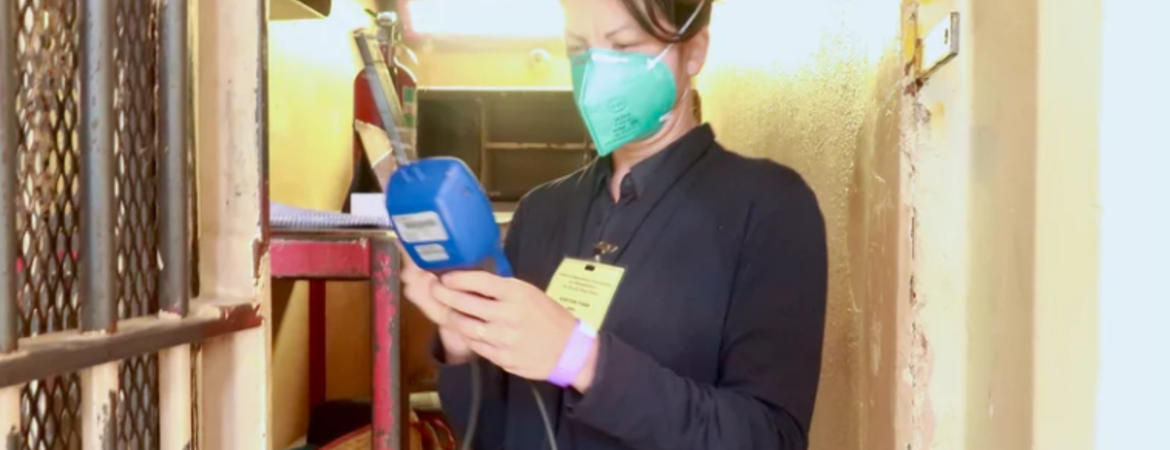Center for Social Innovation

"Is every Asian American group underrepresented in higher education? Obviously that's not the case," said Janelle Wong, a professor of Asian American studies at the University of Maryland and a co-founder of AAPI Data.
"Indian and Chinese students are the largest groups applying to these programs. And while they do often face implicit bias on campuses, they're not facing systemic exclusion to access to higher education," Wong said.
Wong has been advocating for data disaggregation in the Asian American community for years.
Disaggregation would involve collecting more specific data on Asian sub-groups so that a person's country of origin is apparent, rather than just grouping people together from the entire continent. The data would show specifically if someone was Vietnamese American, or Cambodian American, for example, rather than simply classifying them as Asian.
That kind of detail would allow policymakers, health care professionals, educators and even institutions such as the NIH to better examine the nuances of different Asian populations, because different groups have different needs, experiences and beliefs. The same argument has been made for other racial groups, too, particularly Latinos.
Wong said the issue isn't just about collecting better data — it's about justice and civil rights, too.
"This is both a data quality issue and a data justice issue," she said.
She said lumping all Asian Americans together in one racial category effectively reduces the experience of millions of people — not just when it comes to assessing job or educational candidates, but also for anyone trying to understand their political beliefs, education level, income inequality and health outcomes as well. For example, data on the broad category of Asian Americans show that a vast majority are Democratic voters. But if the data is further broken down, it reveals that Vietnamese Americans tend to have far more conservative views and more often identify as Republican.
Rachel Sklar, a post-doctorate scholar in environmental health outcomes at the University of California San Francisco, is Filipino and says she has been denied an academic opportunity in the past because she falls under the "Asian American" category.
Sklar said Filipinos in the U.S. experience what's called "downward intergenerational mobility." In other words, U.S.-born Filipinos are less likely to obtain a bachelor's degree than their foreign-born parents. So efforts to boost groups struggling to obtain higher education should apply to Filipinos, Sklar said, but instead they're hidden in the broader data on Asian Americans and educational achievement.
"The experiences of groups like Filipinos are just erased. They're deemed invisible," Sklar said.
This article can also be found on Georgia Public Broadcasting (GPB) News.